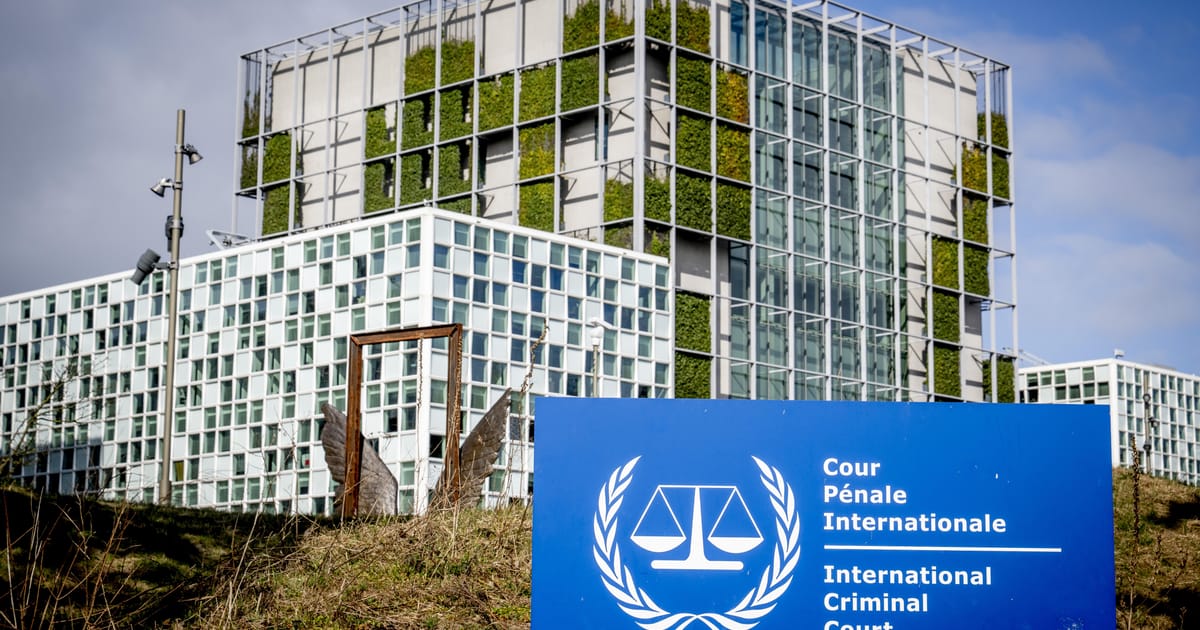

In a world intertwined with digital advancements, recent global events illuminate the varied dimensions of our technological landscape. These range from sophisticated cyber threats targeting international organizations to innovative breakthroughs in artificial intelligence and historical insights into human development. Each of these events, in its unique way, underscores humanity’s evolving relationship with technology and the challenges and opportunities it presents.
In the realm of cybersecurity, the International Criminal Court (ICC), headquartered in The Hague, recently faced a formidable cyberattack. Detected during a pivotal NATO summit, the court described the incident as “sophisticated and targeted.” Thanks to prompt and efficient responses, the threat was swiftly contained, and an extensive impact analysis was put into motion to ensure resilience against future incidents. Although the specifics of the cyberattack remain under wraps, the ICC’s experience serves as a reminder of the persistent cybersecurity challenges faced by organizations dealing with sensitive international legal matters.
Meanwhile, in the field of artificial intelligence, China has forged ahead by orchestrating the first fully autonomous AI-powered robot football matches. Held in Beijing, these games featured teams of humanoid robots engaging in fierce competition, albeit with some entertaining challenges. The robots, reliant on advanced AI algorithms, initially struggled to maintain balance and precision on the artificial pitch. These endeavours, however, mark a significant step in AI development and showcase the transformative potential of robotics in replicating complex human activities like sports. As the AI field continues to evolve, such projects highlight both its current limitations and its promising future.
On a related technological front, Cloudflare, a leading internet security firm, has unveiled a new feature aimed at curbing unauthorized data extraction by AI bots. This functionality empowers website owners to block unwanted data-scraping bots, safeguarding sensitive content from being harvested without consent. With AI technologies often relying on vast data pools for training, this development seeks to establish a balance between innovation and ethical considerations in data usage. By enabling webmasters to control which bots have data access, Cloudflare aims to support a transparent and fair digital ecosystem.
Beyond modern technological strides, recent scientific studies have provided profound insights into the history of human innovation. Research into ancient botanical remnants has revealed extensive fire usage in East Asia approximately 50,000 years ago. This discovery adds rich context to our understanding of early human societies and their mastery of fire—a technology that undoubtedly laid the groundwork for future development. These findings not only expand our historical knowledge but also invite reflection on the long journey humanity has taken from harnessing fire to designing complex AI systems.
As we navigate the intricate tapestry of digital innovation, these events serve as touchstones, illustrating both the continuity and change that defines our interaction with technology. From protecting institutions against cyber threats to pioneering AI-driven sports and exploring the deep past of human adaptation, each endeavor reflects our ongoing quest for progress and preservation in an ever-evolving world.
Source: {link}
